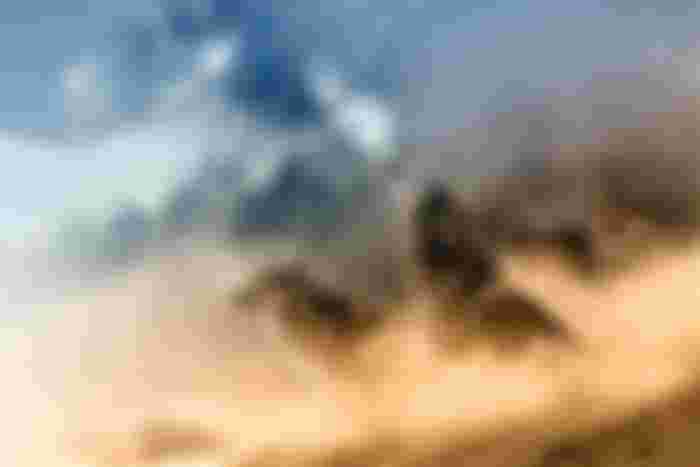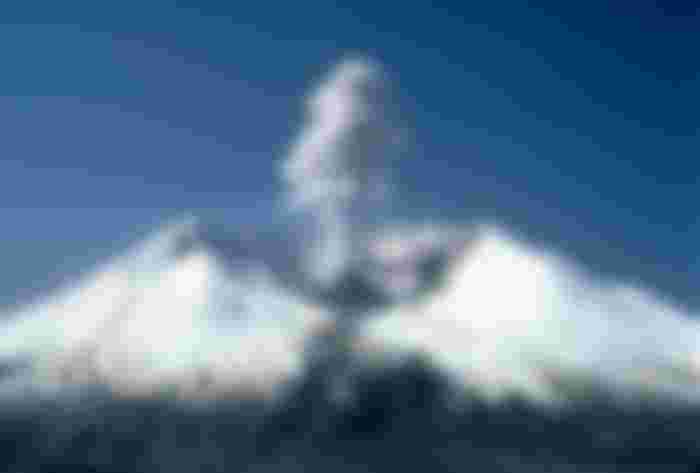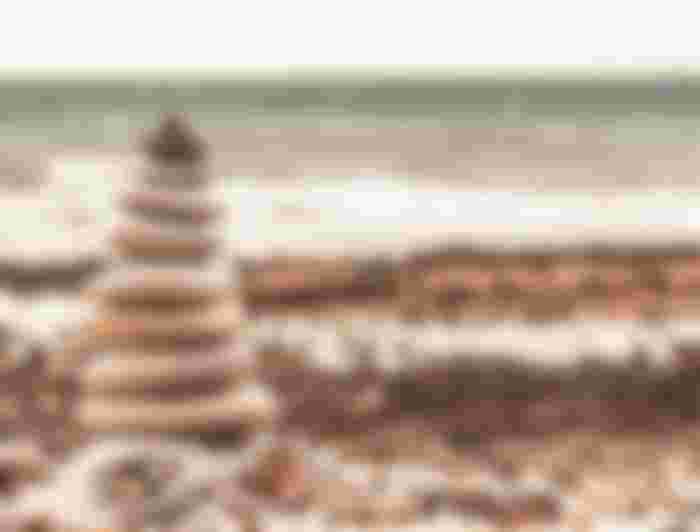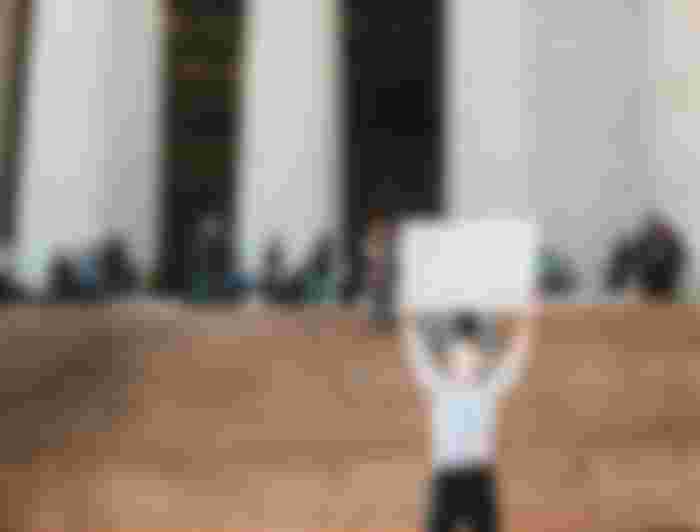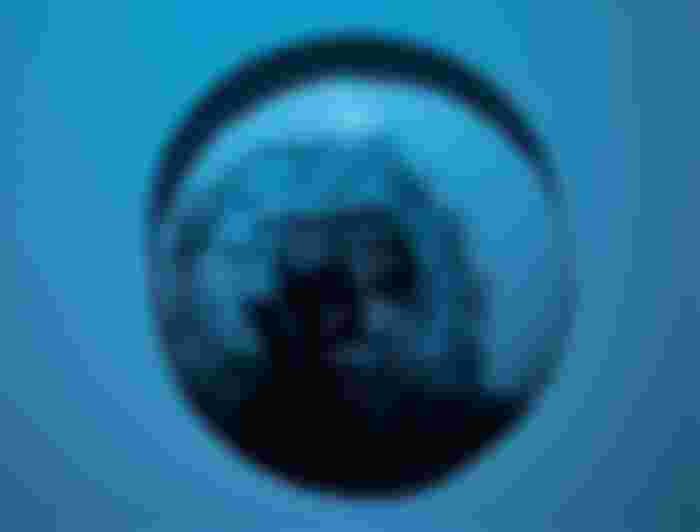The future of life on Earth is at a crossroads. The world continues to grow and evolve, with more people and pollution each year. There are many things that could make the future brighter for humanity, but there are also just as many ways that it will get worse. It’s up to us to decide which path we take.
And while there is no way of knowing exactly what the future holds, there are a few things we can be sure about: our planet will only be sustainable if everyone pitches in, and our bad decisions now will affect generations yet unborn who may not have a voice in how their lives turn out.
In this article I want to share some thoughts about why protecting the environment matters so much, and why we often fail to do so.
Human impact on the environment is greater than ever before

Being conscious of how our daily decisions affect our planet, and thinking about what it means beyond ourselves is crucial if we are to make sure that we leave a world worth living in for future generations.
But there are also many aspects of human life that have nothing to do with environmental awareness. In fact, some people might believe that their own personal happiness has nothing, or little, to do with the state of the natural world around us. However, this couldn’t be further from the truth. Being happy and contented is partly dependent on having a healthy relationship with your surroundings: nature and other people, including animals who share this planet with us. If you take away a person’s connection to nature and the other creatures who share our world, what is left?
The idea that we are not dependent on the environment for our happiness might seem attractive in an age when people experience stress due to pressures of work and finances.
But if we think about it rationally, there is no way that humans could ever live without being part of something bigger than themselves . Even if they were able to retire early and live on a remote island somewhere!

Even if all your basic needs (food, shelter) are taken care of, at some point most people will still seek out relationships with other living creatures whether pets or family members.
The reason why this is so is because we are, after all, social animals. We depend on others to fulfill our needs for companionship and love – as well as supporting us when life becomes overwhelming.
But then why do we often neglect the environment? Surely if it gives us so much, we should look after it in return! Well yes … but it’s not that simple. Environmental degradation isn’t just about what happens out there in nature itself.
It is also about the way we relate to it and the impact of our actions on ourselves. Unfortunately, sometimes our urge for short-term gain can lead us astray.
And when this happens, we need to ask ourselves some hard questions – because there are many reasons why people behave as they do.
The human race is in danger of self destructing

Population growth and consumerism are just two things that contribute significantly to the climate crisis and other forms of environmental destruction. But how do they affect individuals who take part in them? Why do we behave like this, even though at least some of us know it’s unsustainable and could lead to our ultimate demise as a species?
The answer lies partly in the way that our social structures have evolved: unlike many other animals, humans learned how to live together in ways that enabled individual members to pursue their own interests better than if they were on their own.
After all, there are good reasons why groups of animals with specialized skills (like hunting or gathering food) are more likely to survive and reproduce. But the downside of this is that it can lead to an imbalance in the way individuals relate to each other and behave towards one another creating a sense of “us vs them”, where outsiders are seen as threats who must be fought or controlled: instead of being valued for their own unique qualities.
But what if we chose to live differently?

What if our organizations were not based on rigid hierarchies but enabled people at every level to have a say? Would this help us make better decisions about how we use resources, whether they are financial or natural … I believe it would!
And what if we also learned how to treat nature more like we treat members of our own species, valuing diversity and not acting in ways that are destructive or exploitative to other creatures?
This would require changing some of the core values in our civilization, but if we want to leave a sustainable legacy for future generations, it’s a change that is necessary.

I think it’s time we stopped thinking about ourselves as separate from nature. If life on Earth is going to survive into the next century then “life itself” needs to become more important than money and power.
That doesn’t mean doing away with these or even taking them away from those who have them now. But perhaps all of us, regardless of status or wealth, can relax a little bit about what we possess and focus instead on cultivating kindness and gratitude for what we have been given. For every moment is a gift, which can either be treasured or wasted!
Wrapping Up

It’s time to start thinking about the ways in which human beings and nature are deeply connected. We are part of life on Earth, not just consumers of it.
And as the dominant species on this planet, we have a responsibility to help ensure its survival and well-being into the future. This means learning how to live sustainably with ourselves but also with other creatures: whether they fly through the air, live underwater or sea, live on land, or come from other planets/galaxies!
As for where we should start. I think it’s time for us humans to learn everything we can about our world. If we know more about the environment and how it works, perhaps we will be inspired to care for it.
Instead of just protecting a small handful of animals, maybe we can learn to protect the whole planet!
Or at least that’s my hope ...
Thanks for reading.. Cheers!!
https://hbr.org/2012/01/why-dont-we-act-in-our-own-bes.html
https://populationmatters.org/news/2021/05/sixth-mass-extinction-and-future-humanity
https://news.stanford.edu/2021/06/02/climate-change-migration/
image Source from Unsplash.com and Pixabay.com

